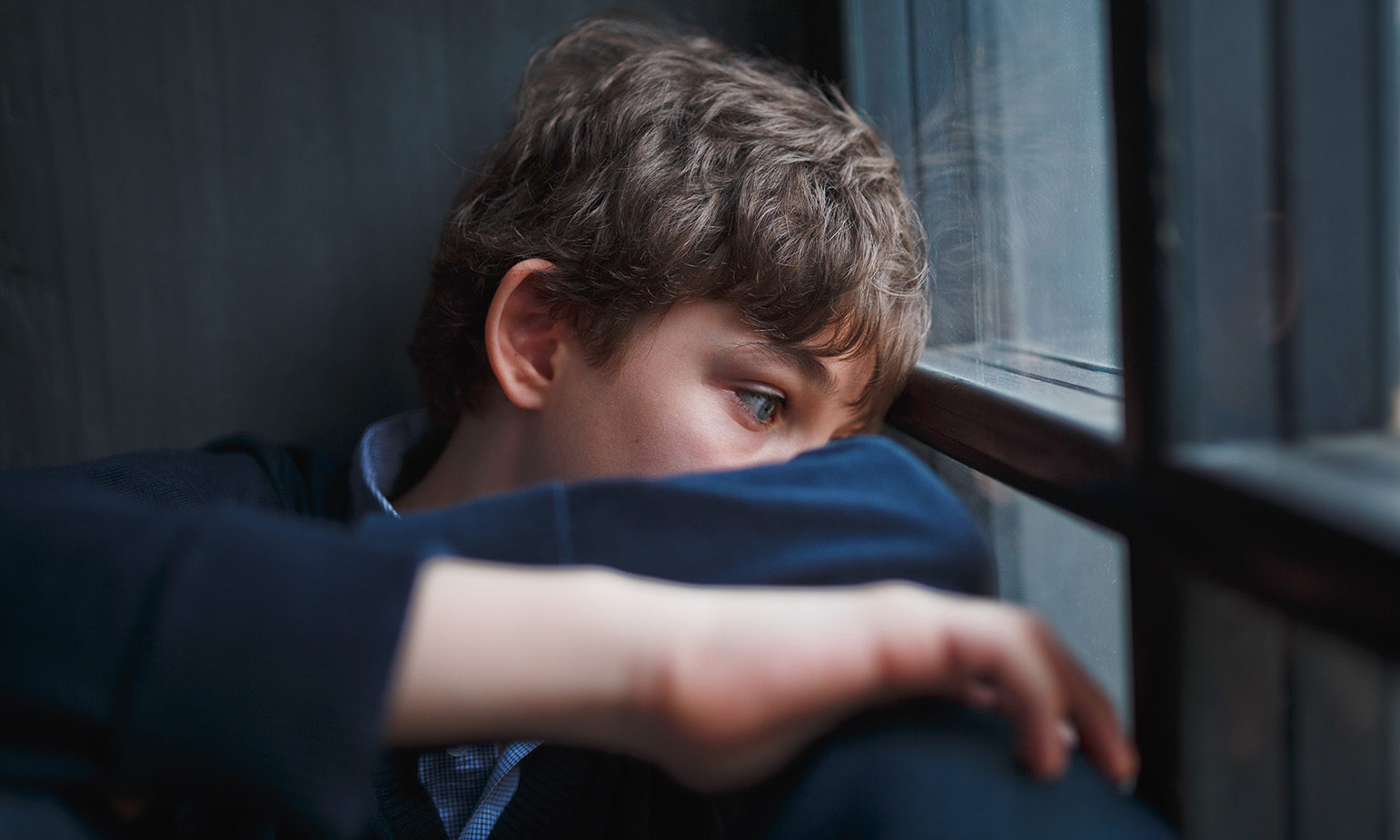Mood swings are part of youth, but there can be something more serious behind them. Depressive symptoms occur in more than 20% of young people, and 5–10% of young people suffer from depression
Teenagers live in a huge hormonal storm and withdrawal is often completely normal. There are a lot of emotions. Almost every moment is its own. In adolescence, new and powerful emotions are experienced, including ones that have not been felt before.
The teens also have a need for independence and the relationship with the parent’s changes. It may seem painful to the parents, but the young person must also be given his own space and show trust in him. In other words, one should not be offended if the young person does not miss the parent’s company in the same way as before. The amount of caring and love towards parents has not changed, but the way of expressing things has.
The difference between a low mood and a depressive state is that the symptoms are intermittent and the young person’s ability to function is preserved: he is interested in going to school, takes care of his health, enjoys hobbies and maintains relationships.
10 signs in teenager depression:
The core symptoms of depression are depressed mood lasting two weeks, loss of interest and pleasure.
- Is depressed or sad.
- Is tired and lacking energy in a way that cannot be rested
- Feels no joy or desire, not even for things he previously liked
- Have no energy or desire to deal with things, and everyday life feels boring and meaningless
- Is upset, irritated or angry
- Feelings of worthlessness, guilt and emptiness
- Physical symptoms such as headache, stomach-ache or constant restlessness
The teens also have one or more of these symptoms:
- Everything feels hopeless.
- Difficulty sleeping, sleeping too little or too much.
- Changed appetite, eating too little or too much.
- Difficult to concentrate and think.
- Anxiety.
- Physical complaints, such as stomach aches or headaches.
- Thoughts of death and not wanting to live.
Teens can also withdraw and isolate themselves. With depression, it is also common to stop any activities or interests that you have had in your spare time. It can also be noticed by the fact that a child who has previously been active and outgoing may not want to be with his friends as before.
Treatment
Depression can be treated in different ways. Which treatment is used depends on the type of depression and what suits the teens best.
Based on the therapist’s assessment, you talk about and decide how the treatment will be. It is important that the child and you are involved and can be involved in influencing the treatment and that you get answers to questions you have about the treatment.
This is how depression is usually treated
These forms of treatment work for depression:
- advice and support to create good habits
- psychotherapy
- drug
Advice for having good habits
You need to get information about what depression is and what you can do yourself to start feeling better.
These are the most important pieces of advice to follow:
- Be outside in daylight, preferably in the middle of the day when it is brightest.
- Eat healthy food at regular times.
- Move.
- Relax and get enough sleep.



